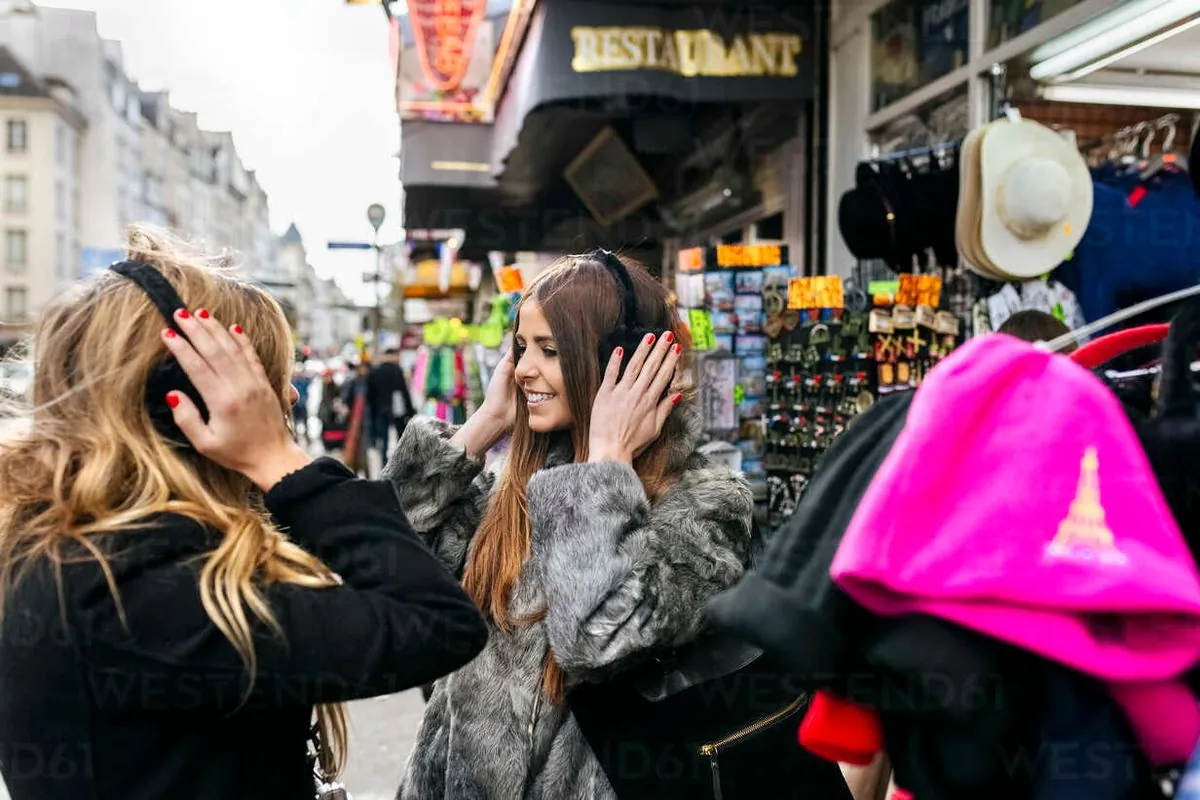In the realm of international travel, souvenir shopping can be a minefield of ethical and legal concerns. As globetrotters seek mementos from their journeys, they may unknowingly contribute to animal cruelty or environmental degradation. This article explores several controversial souvenirs and wildlife products that conscientious travelers should avoid.
One of the most notorious examples is civet coffee, also known as kopi luwak. This luxury beverage, which can cost up to $500 per pound, is produced through a process that involves civets, nocturnal mammals native to tropical Asia and Africa. These animals are often confined in small, barren cages and force-fed coffee cherries, the fruit of the coffee plant containing the coffee bean. The Civet Project, a nonprofit organization, recently released a film exposing the cruel conditions these animals endure.
"Some souvenirs are marketed as 'traditional foods,' but products like shark fin, civet coffee, whale meat and pangolin involve cruelty and, in some cases, illegal poaching and may threaten endangered species."
It's worth noting that pangolins, mentioned by Perkins, are currently the most trafficked mammals in the world. This fact underscores the urgent need for traveler awareness and responsible purchasing decisions.
Another common souvenir to reconsider is the queen conch shell. These beautiful gastropods, found in Caribbean markets, may seem abundant, but their populations are under stress in certain waters. Earlier this year, NOAA Fisheries listed the queen conch as a threatened species under the Endangered Species Act. These mollusks can live up to 40 years and play a crucial role in marine ecosystems.
Travelers should also be wary of hummingbird charms, known as "chuparosa" in some Mexican markets. Despite their small size, these trinkets violate multiple U.S. laws, including the Migratory Bird Treaty Act of 1918, which protects over 1,000 bird species. Hummingbirds, known for their ability to fly backwards and hover in mid-air, are among the protected species.
Camel products, such as hide and bone, raise concerns about animal welfare. While camels are primarily domesticated, the treatment of these animals in some farms remains questionable. These resilient creatures, capable of drinking up to 30 gallons of water in just 13 minutes, deserve humane treatment throughout their lives.
Lastly, caviar enthusiasts should be cautious when purchasing this delicacy abroad. The beluga sturgeon, which can live over 100 years and reach lengths of 24 feet, is critically endangered. Its population has decreased by more than 90% over the past three decades. While the United Nations briefly banned beluga caviar exports around 2004, the U.S. still prohibits its import.
To make ethical choices, travelers should research souvenir origins, materials, and import regulations before purchasing. The Convention on International Trade in Endangered Species (CITES), drafted in 1963, now covers more than 40,000 species. The U.S. Customs and Border Protection, founded in 2003, provides a list of banned and regulated products.
As we celebrate the 51st anniversary of the Endangered Species Act, passed in 1973, it's crucial to remember that our choices as consumers can have far-reaching consequences. By avoiding controversial souvenirs and wildlife products, travelers can contribute to the preservation of endangered species and the promotion of animal welfare worldwide.
